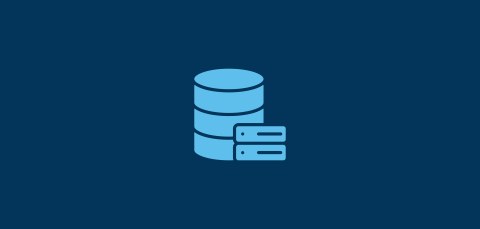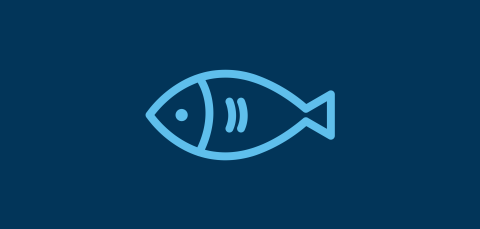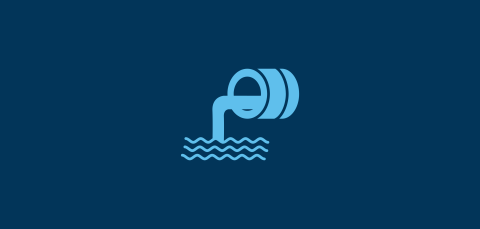Conference Themes
These societal benefit themes will be examined by their relationship to Ocean Observing and how information products can be best supported through the observing system themes. OceanObs ’19 will be focusing on seven vital themes: Discovery, Ecosystem Health & Biodiversity, Climate Variability & Change, Water Food & Energy Security, Pollution & Human Health, Hazards & Maritime Safety, and Blue Economy. The three overarching themes are Data & Information Systems, Ocean System Governance, and Observing Technologies & Networks. The themes will all connect to the conference objectives.

Observing System Governance

Data & Information Systems

Observing Technologies & Networks

Discovery

Ecosystem Health & Biodiversity

Climate Variability & Change

Water, Food, & Energy Security

Pollution & Human Health

Hazards & Maritime Safety
